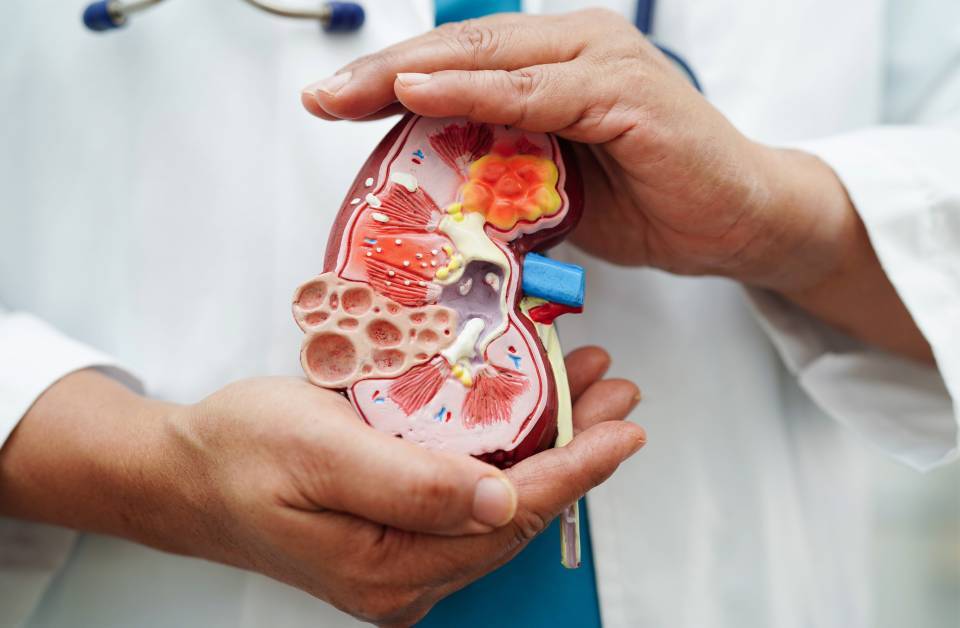Exercise-induced food allergy exists. It occurs when a patient experiences an allergic reaction to certain foods and is triggered by physical exercise after ingesting the allergen. Exercise has been identified as an augmentor, or cofactor, of allergic reactions. Thus, without a cofactor, a patient allergic to a certain food can tolerate it; however, if the cofactor is present at the same time as the food is consumed, anaphylaxis, or a severe allergic reaction, can occur. For example, a patient could suffer anaphylactic shock if he ate an apple minutes before playing football, but would be unaffected if he ate it without any exercise.
How are these symptoms triggered? The mechanisms producing these allergic reactions are not clear, but could be related to a lack of prostaglandin production by allergic people. Prostaglandin is a substance produced physiologically when doing physical exercise and, in some way, provides protection from these reactions.
Other possible cofactors, apart from exercise, are non-steroidal anti-inflammatory drugs (NSAIDs), menstruation, alcohol, stress and lack of sleep. Moreover, although cofactors are identified in up to 58% of food anaphylaxis, exercise-induced food allergy remains difficult to diagnose. The fact that a person experiences symptoms when eating a certain food only sometimes (before exercising) and, at other times, tolerates it, makes it more difficult to identify these symptoms as part of an allergic reaction.
The lack of diagnosis puts the patient's life at risk, since he may suffer other reactions due to not knowing the specific avoidance measures. The quality of life of people with food allergies is significantly affected, as sometimes patients go on unnecessary food avoidance diets because they are unaware exactly what is happening to them.
The Allergology Unit at the Hospital Clínic Barcelona has a clinical research line on this disease, as well as a research line on the mechanisms responsible for it in the IDIBAPS laboratory.
Information documented by:
Dr. Rosa Muñoz Cano. IDIBAPS researcher and doctor at the Allergology Unit, Hospital Clínic Barcelona.






